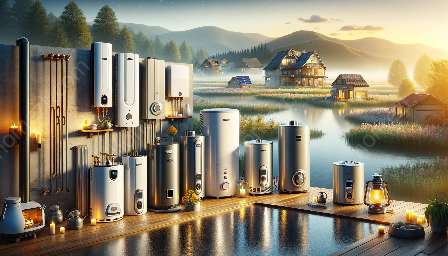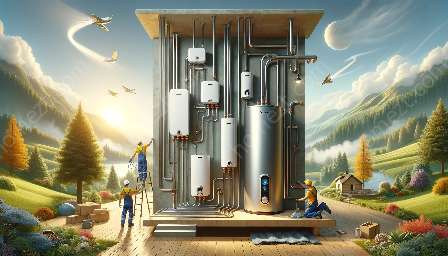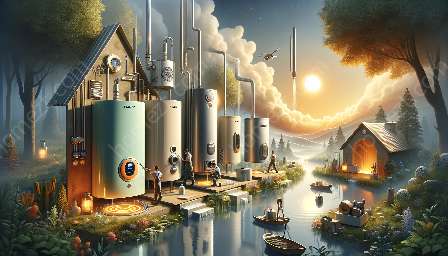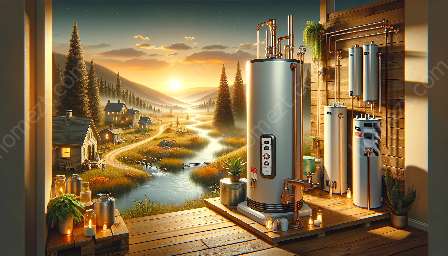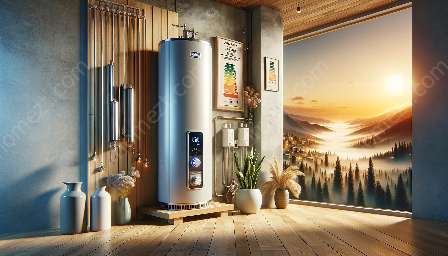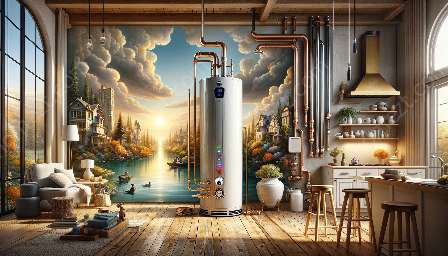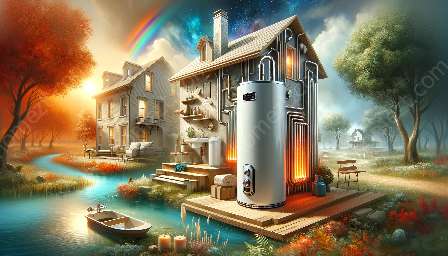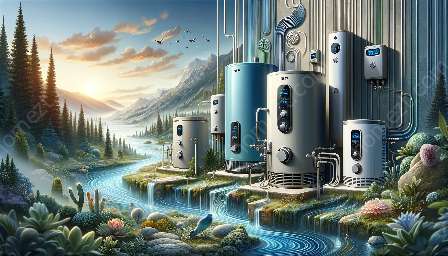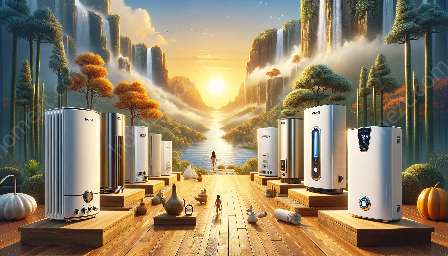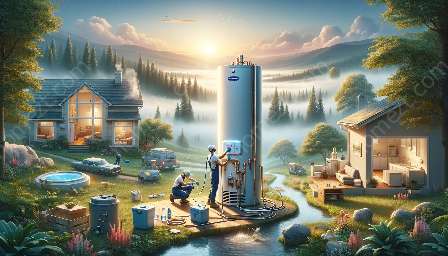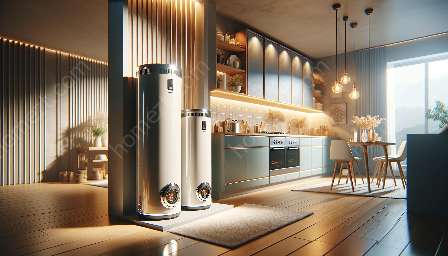Water heaters are essential appliances in modern homes, providing us with hot water for various daily activities such as showering, washing dishes, and doing laundry. To ensure that your water heater continues to function efficiently and effectively, it's crucial to perform regular maintenance. By following proper maintenance practices, you can extend the lifespan of your water heater, improve its energy efficiency, and avoid costly repairs or replacements.
Importance of Maintenance
Maintaining your water heater is important for several reasons. Over time, sediment and mineral deposits can accumulate at the bottom of the tank, reducing the unit's efficiency and causing potential damage. Regular maintenance helps to prevent the build-up of these deposits, ensuring that the water heater operates at its optimum level.
Additionally, proper maintenance can help identify and address minor issues before they escalate into major problems. This proactive approach can save you time and money in the long run by avoiding unexpected breakdowns and the need for emergency repairs.
Regular Inspection and Cleaning
One of the key maintenance tasks for water heaters is regular inspection and cleaning. Begin by turning off the power or gas supply to the water heater and allowing the water inside to cool. Once it is safe to do so, carefully inspect the unit for any signs of leaks, corrosion, or worn out components. Check the pressure relief valve and the anode rod, which are critical for the proper functioning of the water heater. If any issues are detected, they should be addressed promptly to prevent further damage.
Next, consider flushing the water heater to remove sediment and mineral build-up. This process involves draining the tank to remove any accumulated debris. Following the manufacturer's instructions, flush the tank until the water runs clear. By performing this task annually, you can help maintain the efficiency and longevity of your water heater.
Temperature and Pressure Maintenance
Monitoring the temperature and pressure of your water heater is another essential aspect of regular maintenance. The pressure relief valve should be tested periodically to ensure it is functioning correctly. If you observe any leaks or irregularities, it may indicate a problem with the valve that needs to be addressed immediately.
Additionally, adjusting the temperature setting of the water heater can help improve its efficiency and reduce energy consumption. Most manufacturers recommend a temperature setting of 120 degrees Fahrenheit for optimal performance. However, it's essential to refer to the specific guidelines provided by the manufacturer to ensure safe and efficient operation.
Professional Maintenance and Servicing
While there are many maintenance tasks that homeowners can perform on their own, it's advisable to schedule professional maintenance and servicing at least once a year. A qualified technician can thoroughly inspect the water heater, clean components, check for gas leaks, and ensure that all safety features are functioning correctly. Professional servicing can provide peace of mind and help identify any potential issues that may not be immediately apparent to the untrained eye.
In conclusion, the maintenance of water heaters is essential for ensuring their longevity, energy efficiency, and safe operation. By incorporating regular maintenance practices into your household routine, you can extend the lifespan of your water heater and minimize the likelihood of unexpected breakdowns. Whether you perform simple tasks such as inspecting and cleaning the unit or engage professionals for comprehensive servicing, proactive maintenance is a worthwhile investment that can save you time, money, and inconvenience in the long run.

